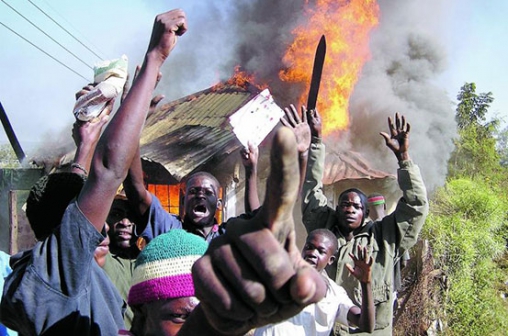×
The Standard e-Paper
Fearless, Trusted News

NAIROBI: The more than 5,000 post-election violence (PEV) cases could not be prosecuted because of various reasons, police say.
The biggest challenge was that the 2007/8 PEV cases were investigated as ordinary penal offences, not as international crimes against humanity.